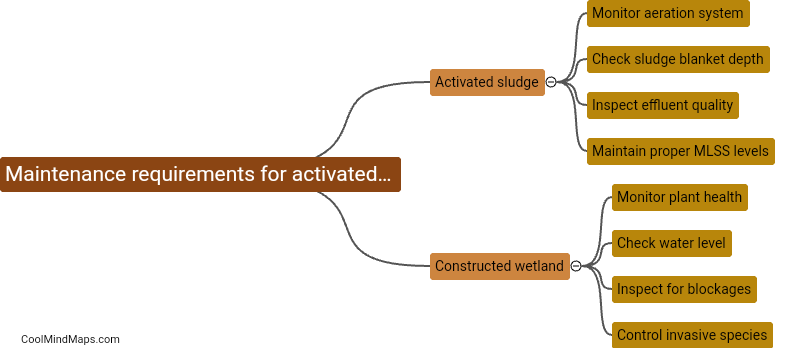Why is it important for states to protect marine biodiversity?
Marine biodiversity is crucial for the health of our planet's oceans and overall ecosystem. It plays a key role in maintaining the balance of marine food webs, supporting the livelihoods of millions of people who depend on fishing and tourism industries, and protecting coastlines from erosion and storm damage. States have a responsibility to protect marine biodiversity to ensure the long-term sustainability of these resources for future generations, as well as to mitigate the impacts of climate change and other environmental threats. By safeguarding marine biodiversity, states can help preserve the health and resilience of our oceans, which are essential for the well-being of all life on Earth.

This mind map was published on 28 September 2024 and has been viewed 32 times.











